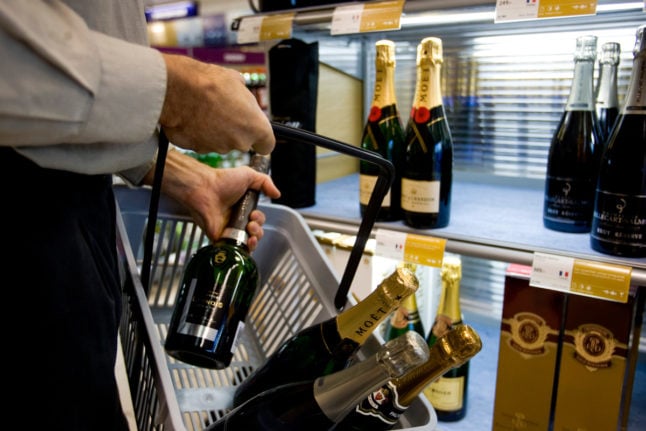Sweden’s GDP will grow by 0.8 percent this year before rising to 2.5 percent next year, according to the new forecast. However, unemployment will continue to rise, hitting 8.3 percent this year, before dropping in 2025.
The institute’s core measure of inflation, CPIF, which strips out the effect of interest rate rises, fell to 2.5 percent in February. The institute expects that it will continue to drop throughout 2024, reaching 1.2 percent by the end of the year, far below the Riksbank’s 2 percent target.
“Inflation has fallen quickly and will continue to fall throughout 2024,” NIER’s head of forecasting, Ylva Hedén Westerdahl, told a press conference. “We’ve reached a stable price level and prices are going to increase at a more normal rate from now on.”
The institute expects the Riksbank, Sweden’s central bank, to start cutting its key interest rate – currently at 4 percent – from June, with four total decreases throughout the year, reaching 3 percent by the end of 2024 and 2.25 percent by the end of 2025.
This, along with lower interest rates, increased consumption and a rise to real wages is expected to speed economic recovery.
“The biggest risk for this forecast would be if [interest rates don’t go down], and central banks are forced to make a U-turn and keep their rates high,” Hedén Westerdahl said.
GDP fell slightly in the final quarter of last year, but is expected to rise in the first quarter of 2024. Despite this, growth will not be strong enough for the economy to start to recover until the end of the year and the country will remain in a period of low growth until 2026, the institute predicts.
Consumers have also become less pessimistic about their own finances and more positive about the future, partly due to inflation nearing the Riksbank’s 2 percent target rate.
Swedish exports are expected to start to grow again in the second quarter of this year, albeit slowly, due to weak demand from abroad – the Eurozone in particular, where growth has been weak, as well as the US, where GDP growth is expected to slow throughout the year.
Joining Nato may also have an impact on Sweden’s economy, as increased defence spending means faster growth in central government consumption throughout this year and into 2025. Local governments, on the other hand, have weak finances and will need to make cutbacks in some areas, leading to comparatively weak consumption growth in both years, and a public finance deficit next year.



 Please whitelist us to continue reading.
Please whitelist us to continue reading.
Member comments